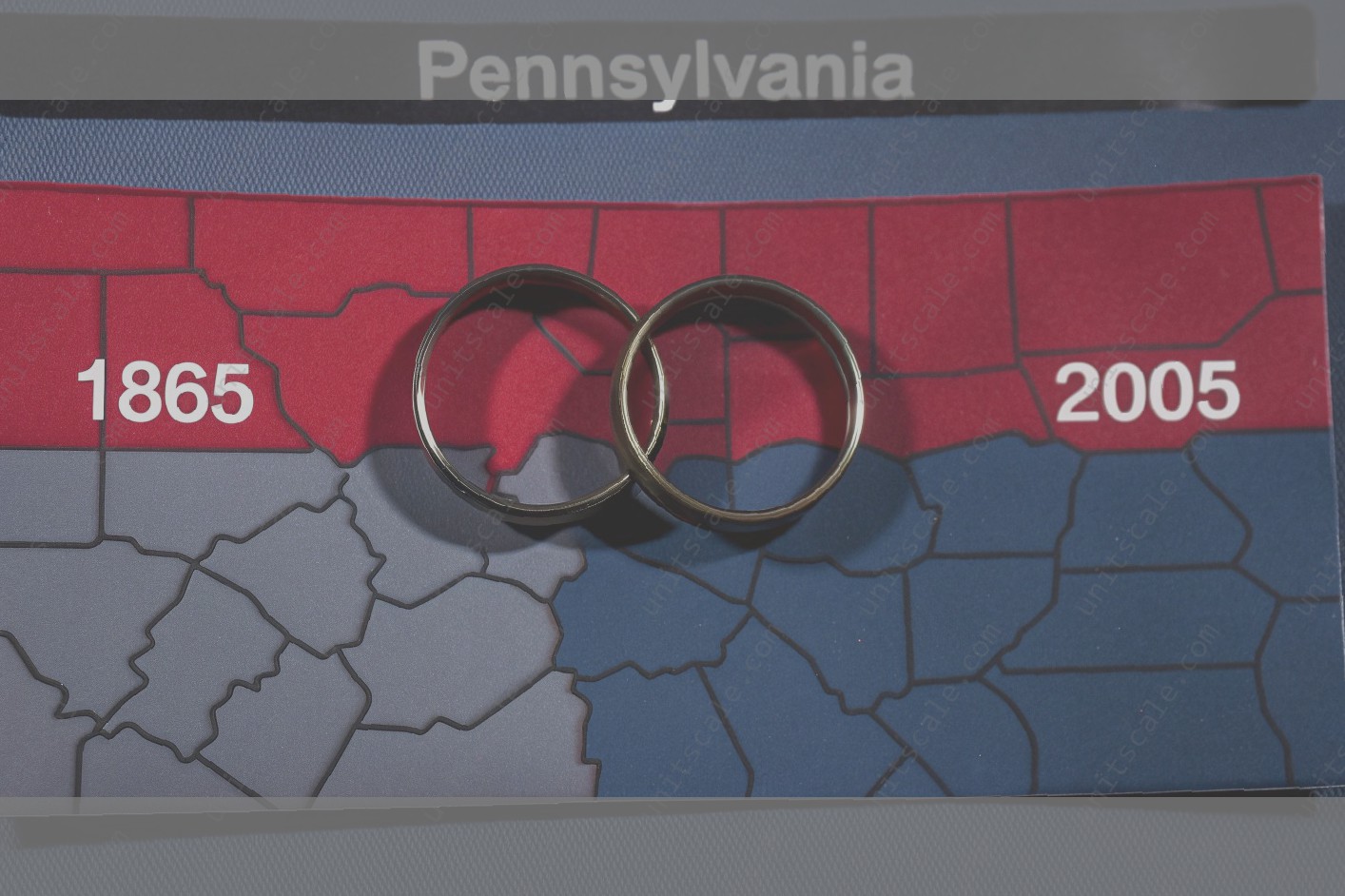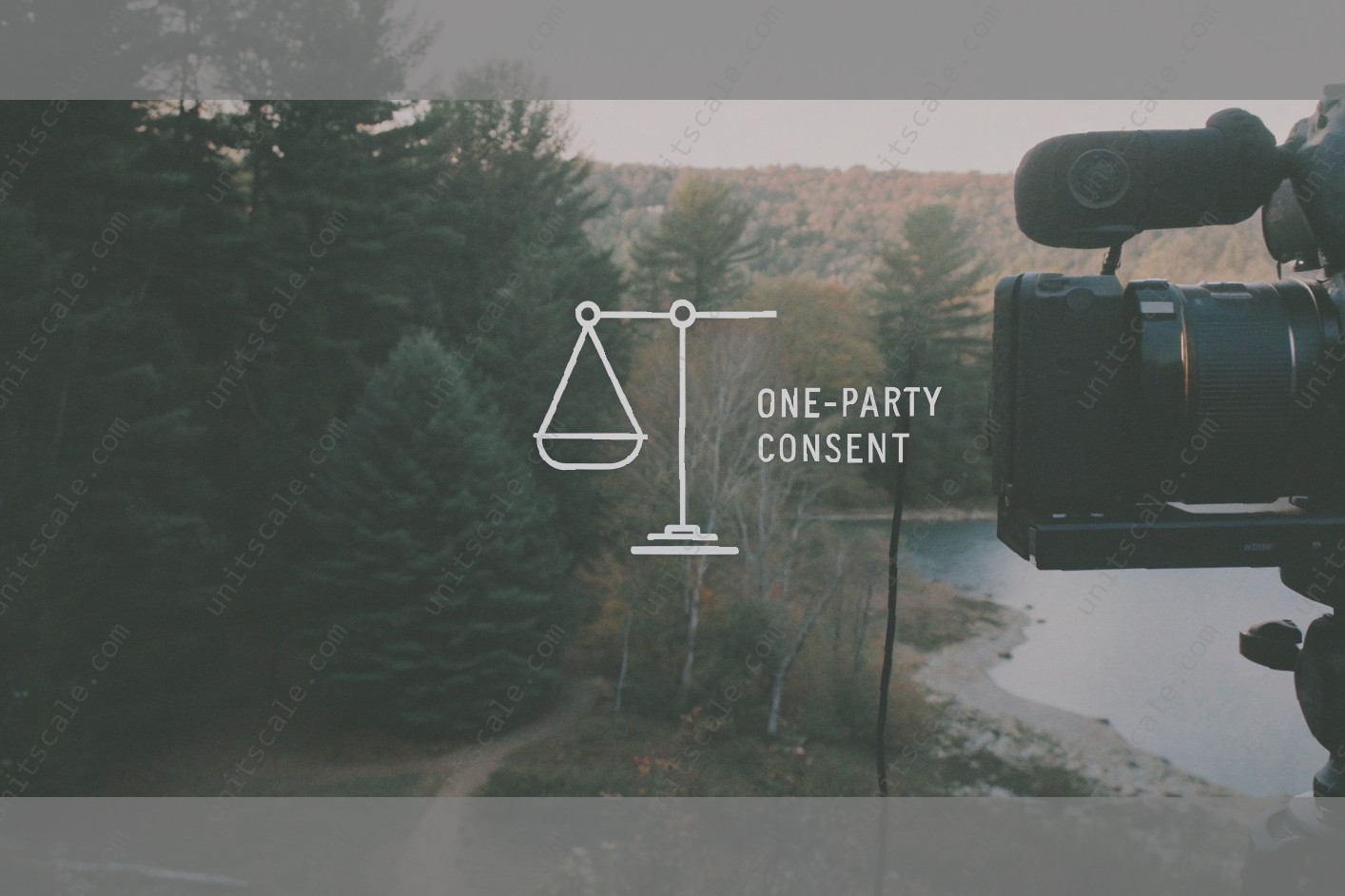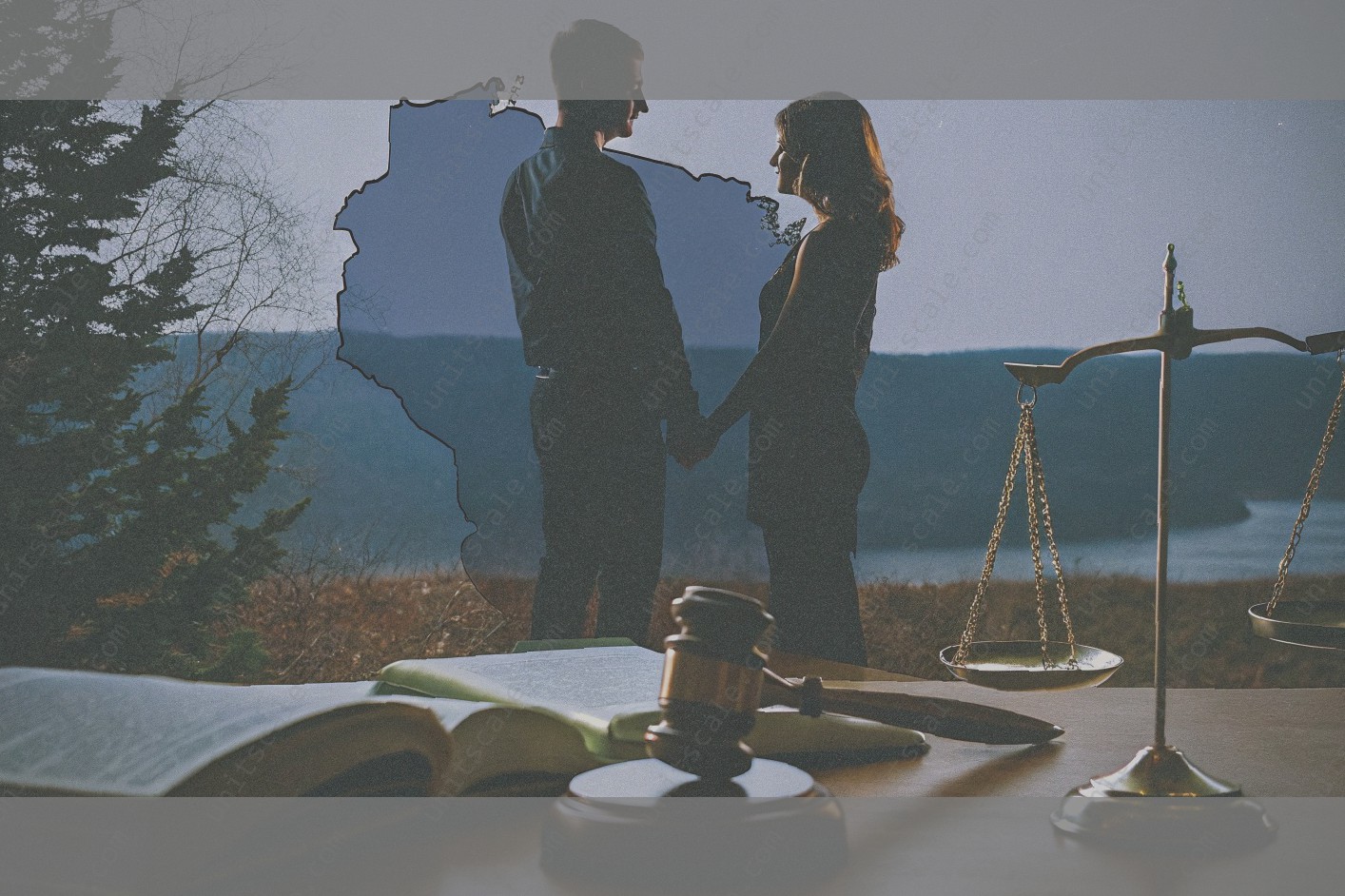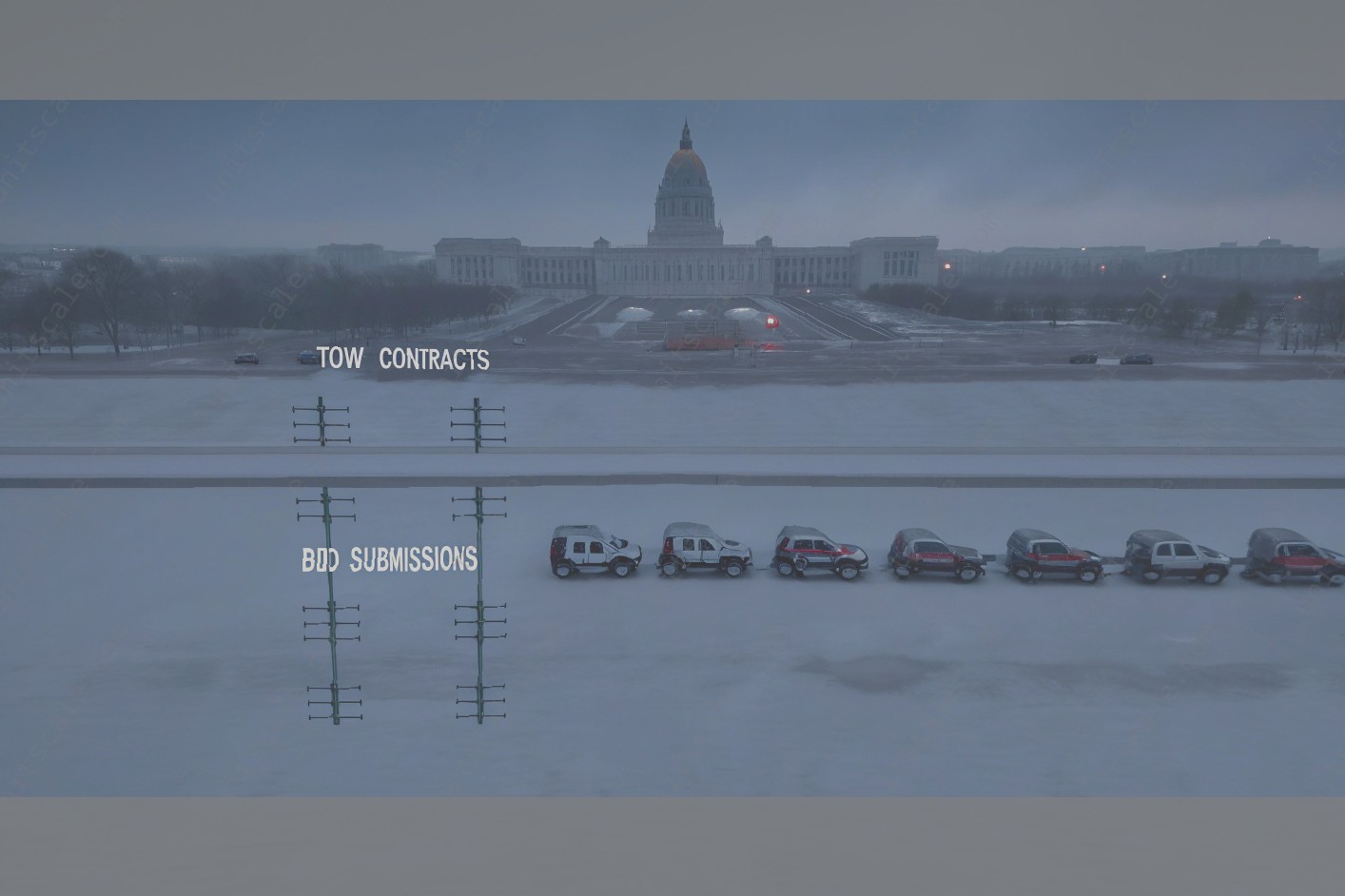What is common law marriage?
Common law marriage is not given a formal definition in the Pennsylvania statutes. Rather, it is defined by case law and requires both cohabitation and an express or implied agreement of a present intention to be married. It has both a subjective and objective element. The subjective element requires that both parties have a mutual (subjective) understanding that they are married to one another. The objective element requires the parties to hold themselves out to the public (statutorily required period of time to be so held out is 10 years) as if they were married. In 2005, the Pennsylvania Supreme Court was presented with a novel issue. The Court had previously addressed the validity of common law marriages created before 2005. Now the issue was whether the amendment to the statute removing the validity of common law marriages entered into after 2005 violated the state constitution. In In re Estate of [Janice] Brook, 580 Pa. 654, 630, 865 A.2d 487, 491 (2005)(emphasis added) the court held: The enactment of [Section] 1103.3 does not impair any marriage that existed prior to [January 2, 2005], the effective date of the Act, and therefore does not impair the obligation of a contract. Accordingly, the statutes governing common-law marriages which were in effect prior to that date, Title 23, Chapter 11, as amended, and the common law developing under those statutes, continue to govern those marriages entered into prior to January 2 , 2005. However, the statute explicitly states a common-law marriage entered into after January 1, 2005, shall not be valid. Subsequent decisions have defined common law marriage as being the result of an express agreement or a tacit agreement, but in order to constitute a common law marriage, "the agreement must be to enter into marriage in praesenti (presently), rather than in futuro (in the future)." Republic Finance, LLC v. Marsh ═ Cooper, (Pa. Super. 2016). To have constituted a common law marriage in Pennsylvania, the parties would have had to have intended to enter into the marital relationship in the present rather than at some time in the future. That intent must be expressed using words manifesting that intent. In the republic Case the court noted merely stating that one intends to marry even on a specific date in the future is not sufficient to meet the requirements of a common law marriage. Nor does a statement to a future event that is uncertain in timing or nature fulfill the requirement of having a mutual present intent to have a common law marriage. Theoretically, the foregoing should provide the reader with a basic understanding of what constitutes a common law marriage in Pennsylvania. However, it does little to address the overwhelming number of individuals who believe they have a common law marriage that is valid and enforceable. For whatever reason, this concept appears to be misapprehended by numerous citizens.

Is common law marriage legal in Pennsylvania?
The law of common law marriage in Pennsylvania is complicated, and has changed over time. In short, the Pennsylvania Supreme Court declared all common law marriages void after September 2003, and they are no longer valid in the Commonwealth of Pennsylvania. Before that declaration, and prior to 1 January 2005, a common law marriage required three things: (1) legal capacity (both persons must be at least eighteen years old and competent to enter into a contract), (2) mutual consent (the parties must intend to enter into a marriage relationship), and (3) cohabitation (the parties must live together in Pennsylvania for some period of time with a mutual reputation in the community as husband and wife, although no fixed period is required). Except for those common law marriages entered into between 1998 and 1 January 2005 by religious organizations (like the Quakers), consent to the marriage must be made in person before a magistrate, justice or other officer authorized to perform marriages, or by any member of the clergy of any regularly established church duly ordained for that purpose. Also, consent to the marriage may only be given if both parties "shall have first submitted the matter of the proposed marriage to the secretary of the local board of health" to be certain that "no communicable or debilitating disease will be passed to the other spouse as a result of the proposed marriage." In most instances, this means any proposed marriage must be cleared by the county office of public health before a marriage can be celebrated. This law is unique to Pennsylvania and would be a surprise to many uninitiated judge or priest.
History of common law marriage in Pennsylvania
Common law marriage has a long history in Pennsylvania. In fact, the Pennsylvania Supreme Court ruled as early as 1865 that such marriages were valid in the state. Over the next 100 years, Pennsylvania courts carved out exceptions to the rule, which opened the door for courts, legislators, and other officials to take a more active role in the realm of marriage.
In 1972, the principal case deciding that common law marriages were no longer valid in Pennsylvania was decided by the Pennsylvania Supreme Court. Subsequently, the Pennsylvania General Assembly modified the 1865 statute to allow common law marriages at the latest until January 1, 2005. However, this modification was only prospective – meaning those couples in a common law marriage before January 1, 2005 are still considered married in Pennsylvania. These couples and the legal implications of their marriages will be discussed further in Chapter 4 of this eBook.
Requirements prior to the end of common law marriage
Before Pennsylvania abolished the ability to recognize common law marriages in 2005, the judicial and legislative requirements that were necessary to establish a common law marriage in Pennsylvania included the following: (1) proof of intent of parties to enter into an agreement to be married; (2) joint residence of the parties; and (3) conduct evidencing a legal marital relationship (both parties must hold themselves out to the public as being married). Prior to the law abolishing new common law marriages, most of the states in the United States rejected the articles of the judicial requirements and many states had varying articles of the legislative requirements. More specifically, prior to the law abolishing new common law marriages, 37 states and the District of Columbia rejected issues such as common law marriage, 10 states applied the articles of the judicial requirements then 14 additional states applied the articles of the legislative requirements.
Effect on parties who married prior to 2005
Despite the abolishment of common law marriage in Pennsylvania for new marriages, couples who claimed common law marriage status prior to January 1, 2005 are still entitled to the same legal rights and protections as formally married couples. As a result of the above, those individuals are still entitled to the rights and protections that are accorded to married persons under the law and are entitled to equitable distribution as a married couple would be . Further those persons are still entitled to file for bankruptcy as a spouse and are also entitled to inheritance rights, tax exemptions as a married person, and shall not lose benefits or privileges of any kind because of their common law marriage. Additionally, neither spouse will be deemed to have committed an unlawful discriminatory practice simply because, under the law, they are deemed to have a marital status. Presently there is no limitation or expiration date on the recognition of a common law marriage that has been entered into before the abolishment of common law marriage in Pennsylvania.
How common law marriage is treated in other states
Common law marriage is a historical way of establishing a legal union based on the mutual consent of the parties and the intention to enter into a permanent, marital relationship. Although Pennsylvania no longer permits the formation of common law marriages, other U.S. states still recognize this marital form, either in whole or in part.
In Delaware, a common law marriage can arise if a couple is married before January 1, 2017. Despite ђе new statute establishing both ceremonial marriage and civil union as possible ways for couples to formalize their relationship, the state has not completely eliminated common law marriage. There are specific requirements for a valid common law marriage in Delaware, including that both parties must be at least 18 years old, of sound mind and a resident of the state. Additionally, the couple must intend to marry each other and must cohabit (live together) within the state with that shared intention. Furthermore, there must be some degree of public acknowledgment of the relationship in such a manner that it may lead the public to reasonably believe that the couple is married. Moreover, the law provides that the circuit court may validate a common law marriage by declaring that the parties are married. Although the statute does not specifically state that a couple is required to present evidence of a common law marriage decision to an appropriate office of the state, this is a common requirement in other states and is the next step that those desiring to take after the court order has been issued.
Unlike Delaware, Maryland no longer recognizes common law marriage, having abolished it in 2013. However, the state does recognize common law marriages entered into in other jurisdictions prior to the law’s enactment. New Jersey, another state that does not allow common law marriage, will give legal recognition to foreign common law marriages provided that the marriage would have been valid where formed.
New Hampshire no longer recognizes common law marriages, having eradicated this practice in 1980. Nevertheless, any common law marriages entered into before the effective date of the law will still be considered valid. Pennsylvania has a similar provision that keeps pre-1972 common law couples as married in the eyes of the law – and therefore, on the same level as those duly married under a civil union or ceremonial application of the laws.
Tennessee abolished by statute the option for couples to marry through common law. However, like in other states, some pockets of the population continue to believe in its legitimacy. Thus, there can exist an arbitrary problem in which couples who reasonably labored under the presumption that they were married, having presented themselves to the public as though they were so, may experience some of the same concerns as married couples getting divorced when the courts come to divide the property.
Legal guidance and next steps
If you are affected by or concerning yourself with common law marriage, it is highly advisable that you consult with legal counsel as to the status of your rights. Common law marriage in Pennsylvania is no longer unequivocally recognized and very fact specific circumstances must now be pleaded before the Court. If you know your marital status is dependent upon the determination of whether or not you entered into a common law marriage, you should seek legal advice before filing anything with the Court.
In all matters arising from or involving common law marriages , it is strongly advisable that you seek counsel who is experienced in litigating the issues surrounding such cases. In this way, you can ensure that your rights are preserved. There is no doubt that litigation dealing with the nature and existence of a common law marriage is simply that — litigation. You must be properly prepared for litigation to protect your rights. The law in this area of practice is unsettled in Pennsylvania — unless you properly prepare for the possibility of litigation in this area, your rights maybe be at risk.



